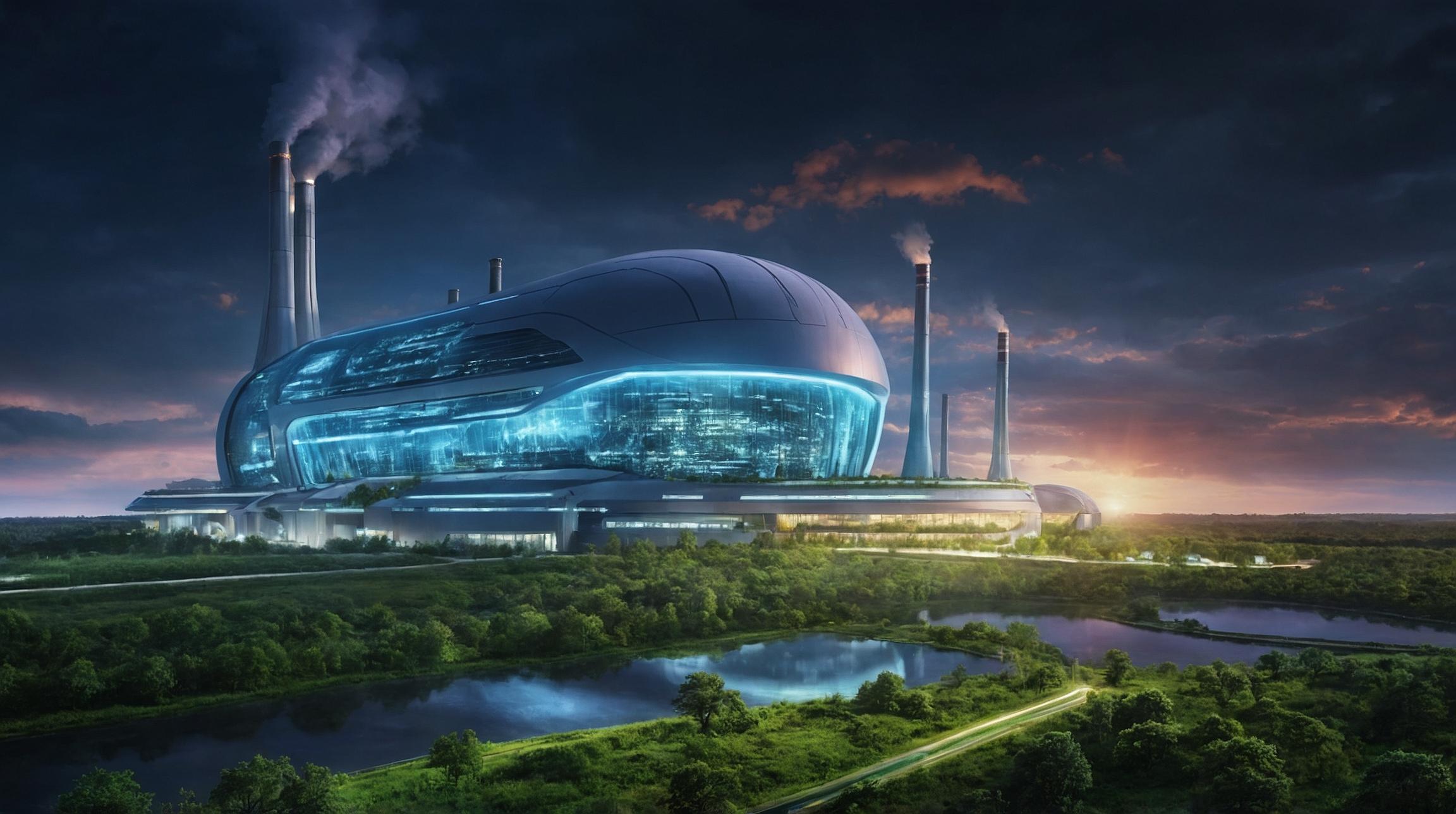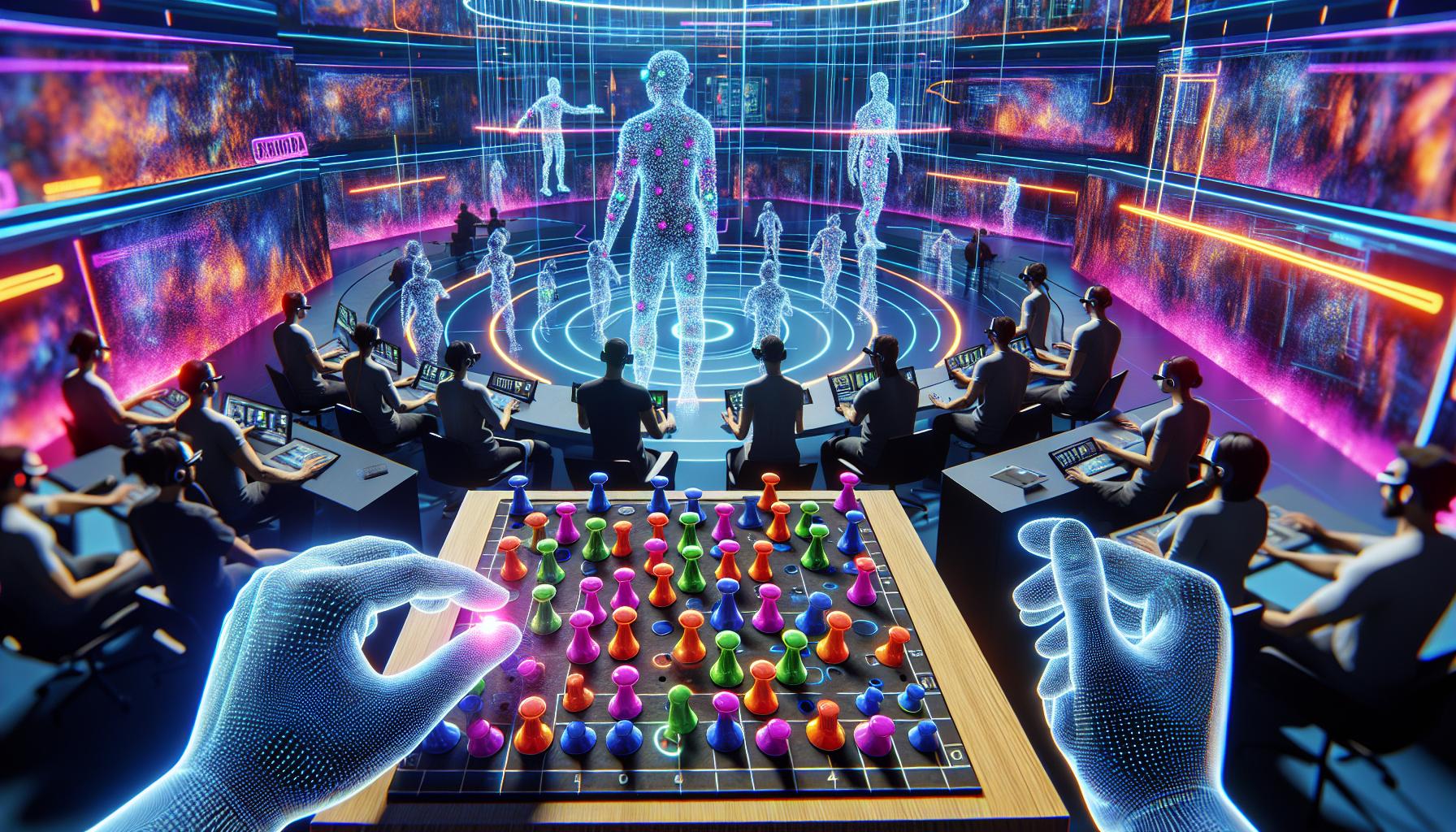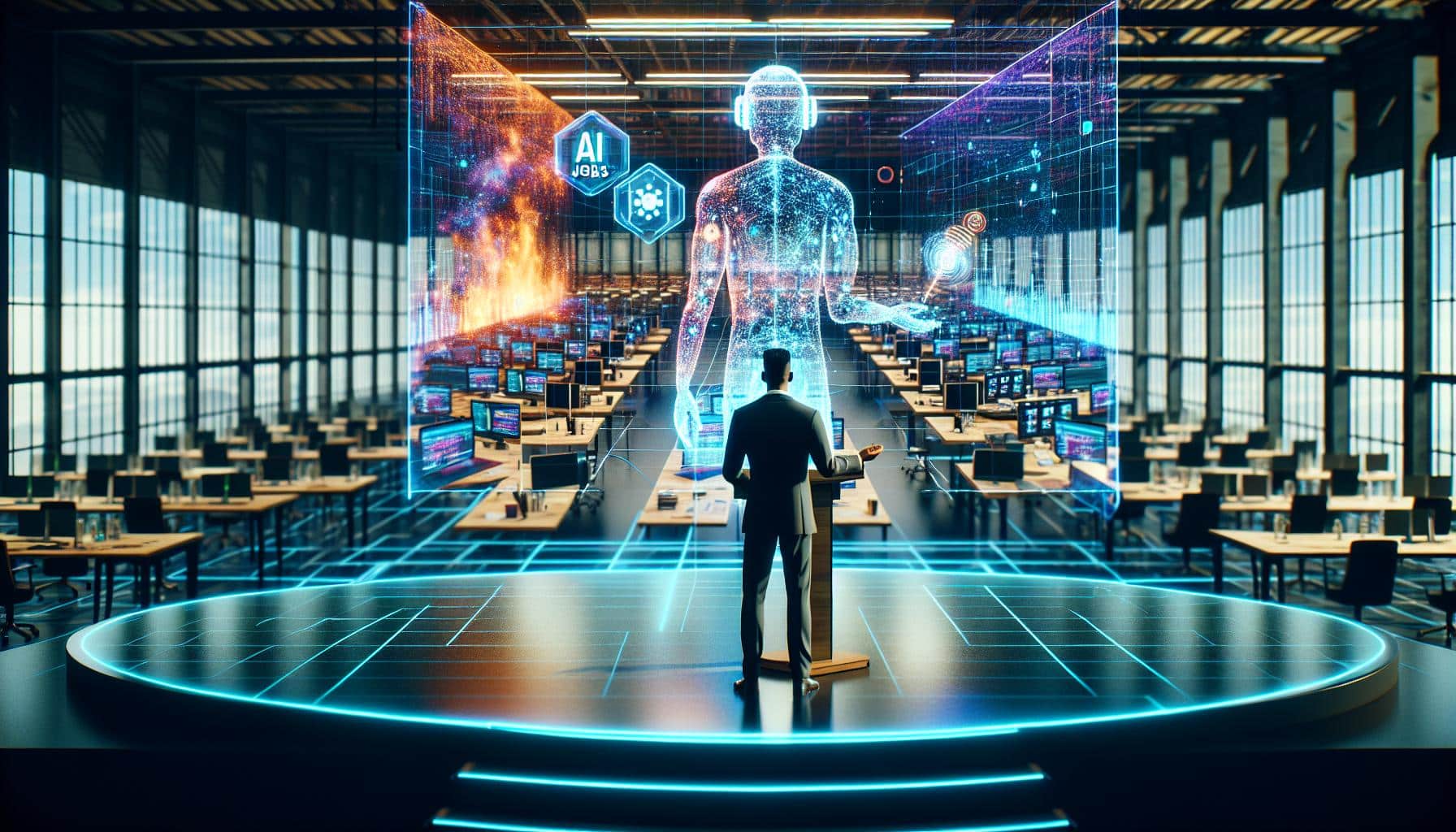The Synergy Between Nuclear Energy and Artificial Intelligence
Nuclear energy is emerging as a reliable and efficient power source for artificial intelligence (AI) applications. As AI technology continues to evolve, its demand for energy increases. Nuclear power offers a solution due to its ability to provide a stable, low-carbon, and large-scale energy supply.
Why Companies Are Turning to Nuclear Energy
Companies are investing in nuclear energy for several compelling reasons:
- Sustainability: Unlike fossil fuels, nuclear energy produces minimal greenhouse gases, aligning with global efforts to combat climate change.
- Reliability: Nuclear plants operate 24/7, providing a consistent power output, crucial for the uninterrupted performance of AI systems.
- Efficiency: Nuclear energy has a high energy density, meaning it can generate large amounts of power from a relatively small amount of fuel.
Case Studies: Leading Companies in Nuclear-Powered AI
Microsoft: Through its partnership with TerraPower, Microsoft explores integrating nuclear energy into its data centers. This initiative aims to enhance energy efficiency and sustainability.
Google: By collaborating with various nuclear energy firms, Google seeks to explore advanced nuclear technologies to optimize its AI operations.
Amazon: The company is investigating the use of microreactors to power its vast network of servers, ensuring a reduction in carbon footprint.
The Economic Implications
Investing in nuclear energy can present significant economic benefits for companies:
- Cost-Effectiveness: While the initial setup cost is high, the long-term operational savings and energy stability make nuclear a cost-effective choice.
- Innovation: Nuclear energy investments drive innovations in both the energy and tech sectors, fostering advancements in AI capabilities.
Challenges and Considerations
Despite its benefits, nuclear energy poses challenges, such as:
- Safety Concerns: Public perception of nuclear safety remains a hurdle. Companies must invest in rigorous safety protocols.
- Regulatory Hurdles: Stringent regulations can delay the deployment of nuclear technology, impacting timelines.
The Future of AI and Nuclear Energy
As more companies explore nuclear energy to power AI, this trend may lead to more sustainable and efficient technology landscapes. The collaboration between energy and tech sectors could pave the way for groundbreaking innovations that balance technological advancement with environmental stewardship.
By understanding the potential of nuclear energy, consumers and businesses can make informed decisions about integrating these technologies into their operations.













